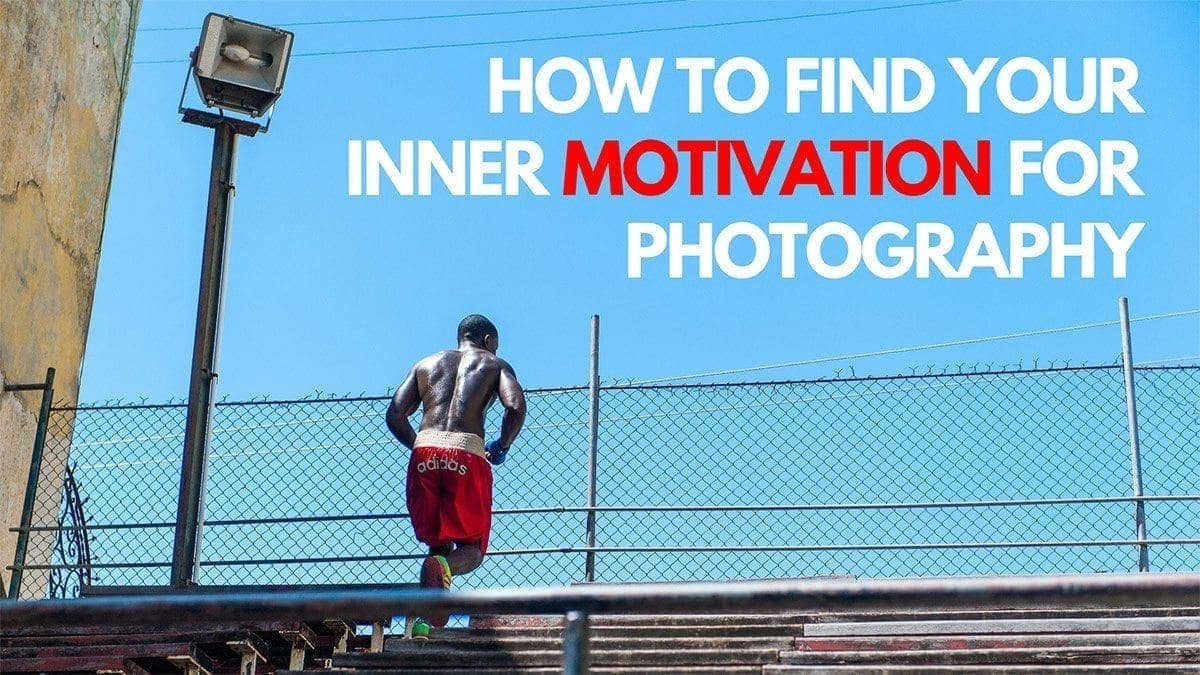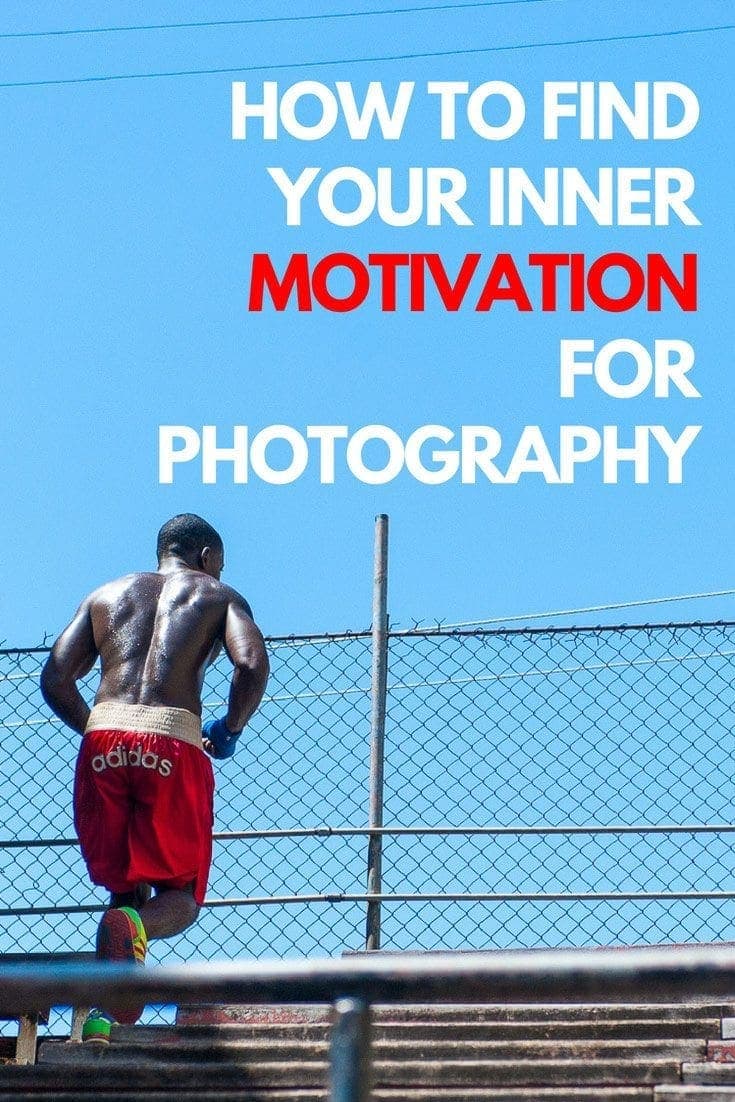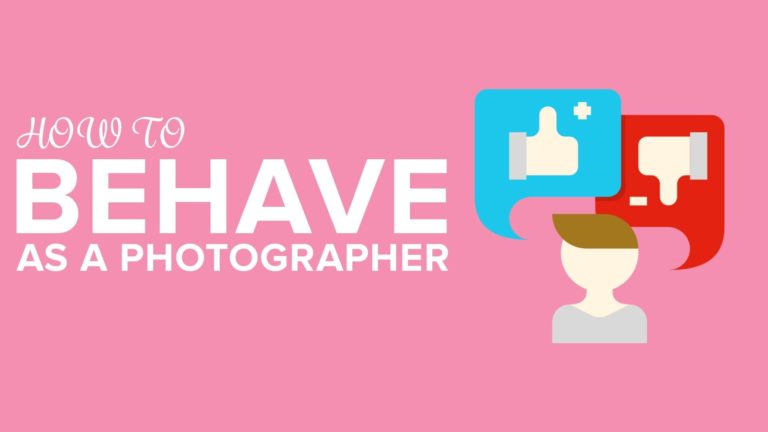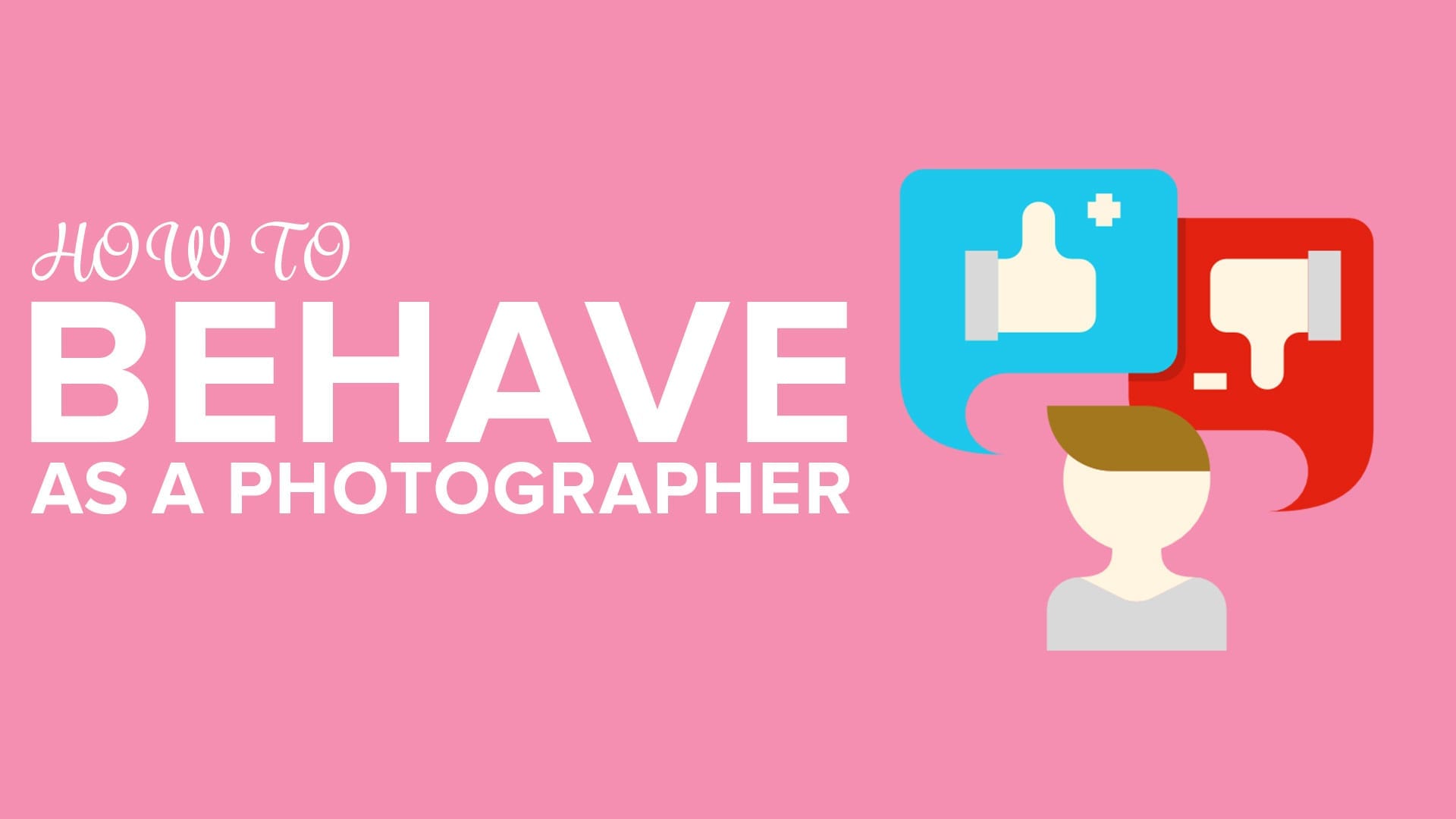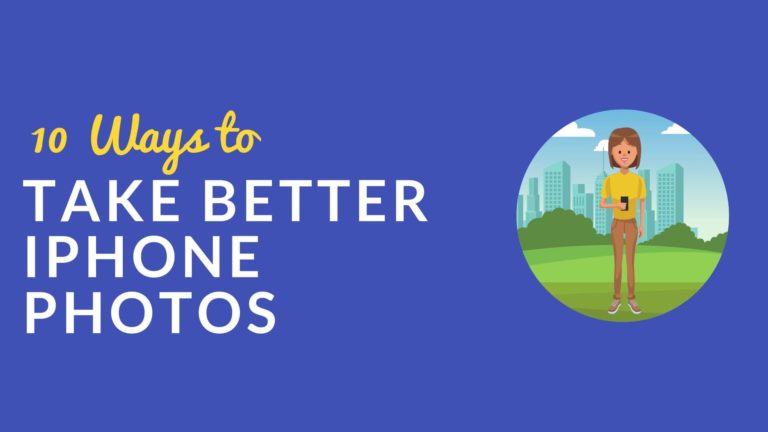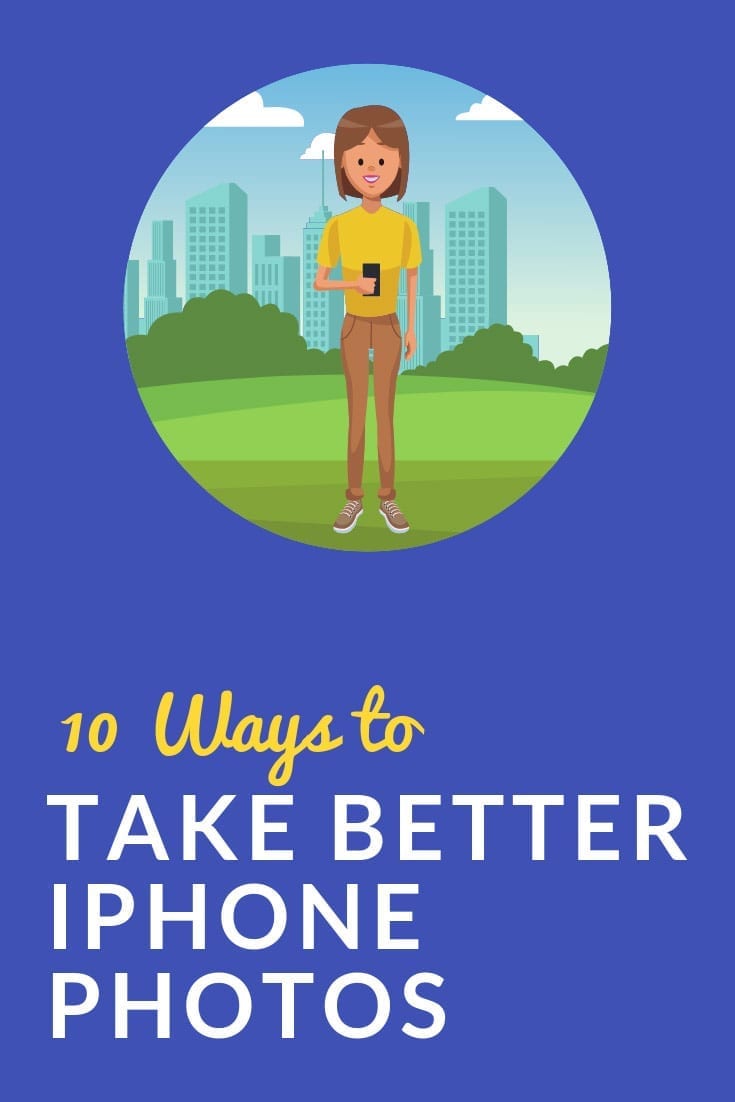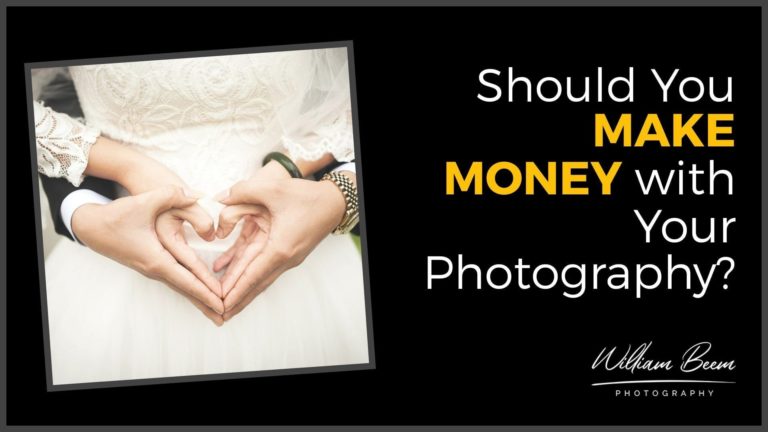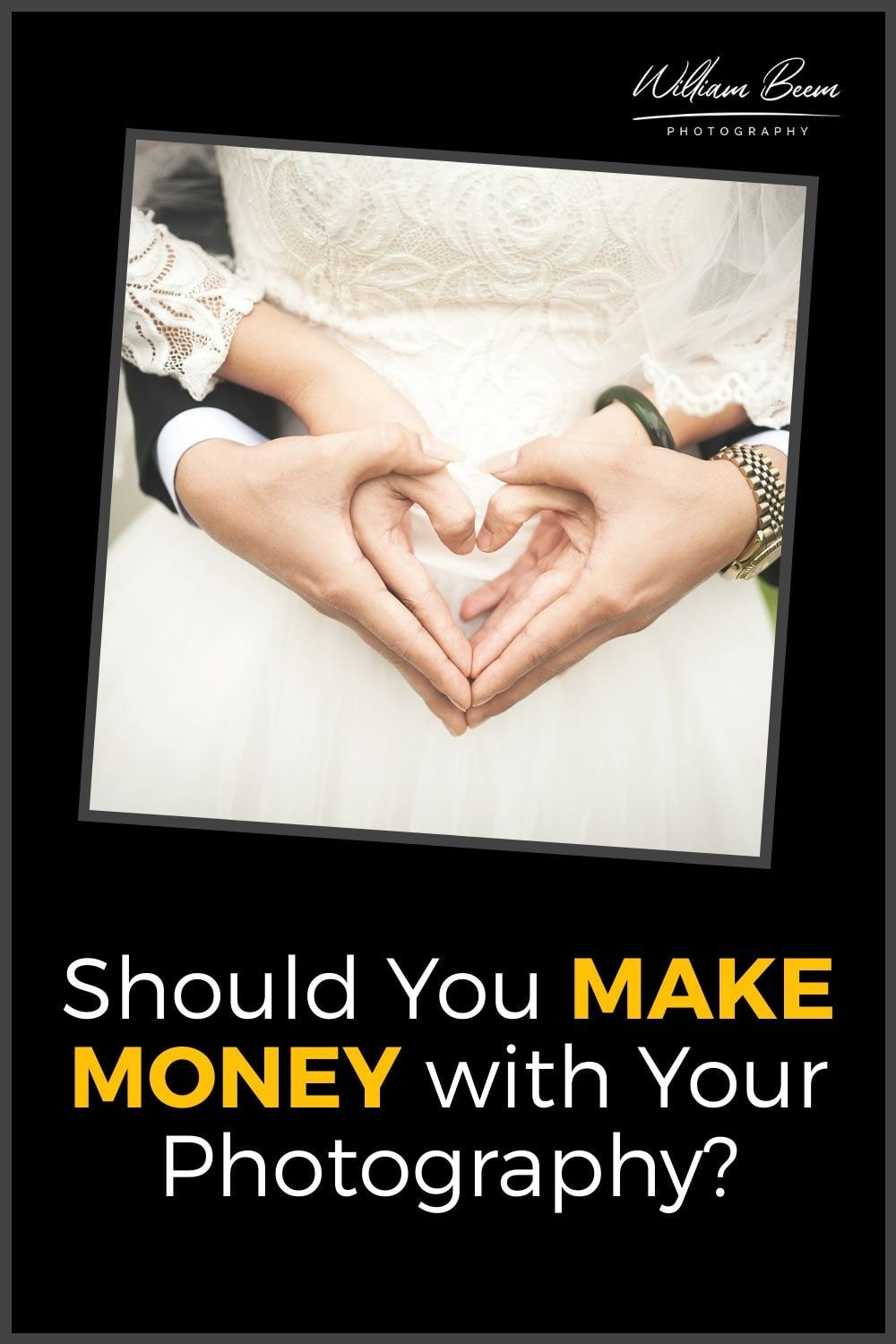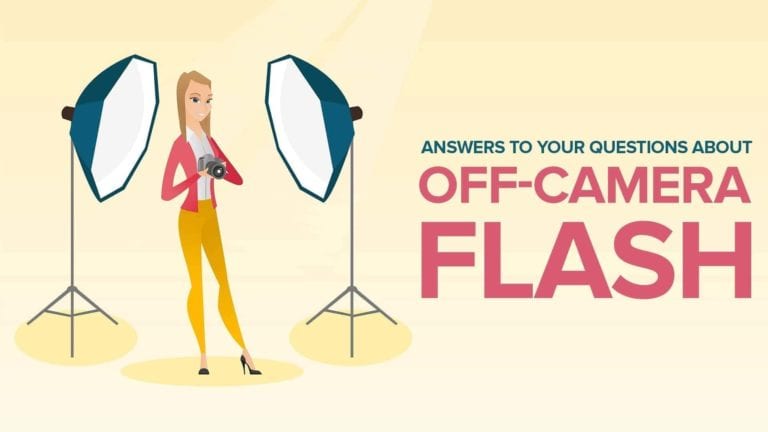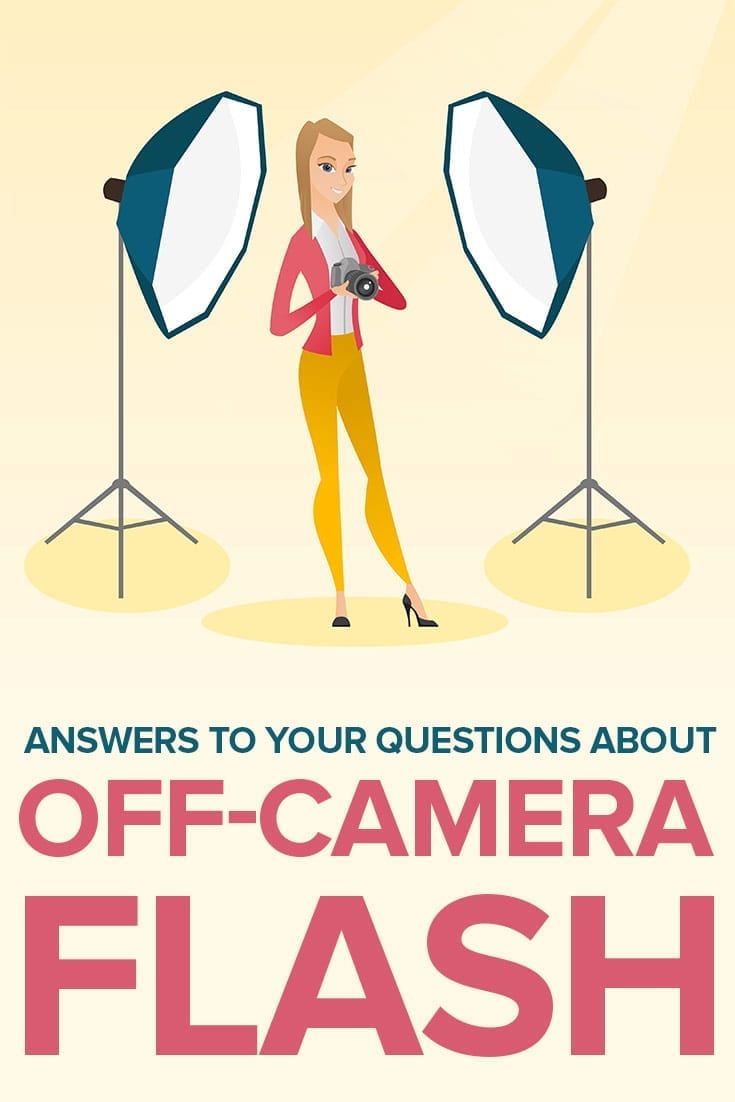Affiliate Disclosure: We earn a commission if you purchase through one of our links at no additional cost to you.
Learning how to find your inner motivation for photography can be a tricky thing. In fact, most people never really think about it. Honesty, I think it’s one of the most important things you can understand to help guide and improve your photography.
Here’s why.
Different Photographers Have Different Types of Motivation
If you listened to the podcast (of course you did), you’ll understand that Lee and I are quite opposite in our approach to photography. She’s an extrovert and I’m an introvert.
Yet she likes to work alone in her photography. It’s something private for her and she gets her best reward when she has her own space to think without anyone else getting in the way.
I’m an introvert. Oddly enough, I really enjoy photography for collaboration and social engagement. Perhaps that’s why I’m drawn to photography. I’ve learned that I can’t create the images in my head without collaborating with others. That means reaching out, developing relationships and finding people who can help me develop the crazy ideas in my head.
More often than not, I discover that we can all work to create something better than any of us would do on our own. That gives me a great deal of satisfaction.
Why Do You Need to Find Your Inner Motivation?
If you think about it, there are really only two kinds of motivation – positive and negative. Put another way, pain or pleasure.
I’m of the opinion that photography should’t be a pain, though sometimes it frustrates me. When that happens, I start to question why I’m even bothering with photography at all.
Photography shouldn’t be a pain in the neck.
So what makes the difference between knowing when photography is fun or when photography is painful? In my experience, photography becomes painful when:
- We don’t know what we’re doing
- We don’t know how to do what we want
- We don’t know what we want
Take a good look at that list. Perhaps you have more to add to the list, but there’s something in common with each of those pain points.
Ignorance.
That’s because ignorance is painful. Knowing that ignorance causes my frustration, I try to eliminate anything unknown in my photography projects.
Why Are You a Photographer?
Let’s start at a very basic level. Ask yourself why are you a photographer? What is it about you that makes photography something enjoyable or interesting?
Lee mentioned on the podcast that she’s always been one to express herself visually. She’s an artist and started drawing at a young age. Over time, she learned how to visualize her compositions and create it. Photography became an extension of that inner motivation to create something visual.
She started getting interested in photography to capture memories, as many of us do. However, her desire to improve her photography changed her initial concepts from portraits to other types of photography.
That wasn’t without some angst along the way. One day Lee was taking some travel photos and Tové made a heartbreaking comment.
You used to take photos of me.
Lee felt horrible when she heard that, and she never saw it coming. She used to take photos of Tové all the time. As a young girl, Tové used to photo-bomb other people’s pictures because she just thought anyone with a camera was trying to take a photo of her.
Meanwhile, Lee’s photography evolved as she realized there was potential for art in addition to capturing family memories.
Inspiration is Not Motivation
There are a lot of photographers who claim that they want to inspire you. Trust me, that’s impossible. It’s a nice sentiment, but nobody can inspire you.
Inspiration is an internal process based upon a trigger. You and I may view the same photo. Whether we’re both inspired or not has nothing to do with the photo, but rather with our own motivations. The trigger may cause us to feel something or act creatively, but that inspiration comes from within.
Motivation is inherently internal, also. Feelings of pain and pleasure are personal and unique.
How you respond to triggers depends much upon your own nature. Do you embrace a challenge or shy away from it? We aren’t motivated by outside triggers. It’s our responses of inspiration that determine if we’re motivated into action.
It’s our awareness of how our mind triggers inspiration and our response to it that can help us direct our motivation.
What You Can Do to Find Your Inner Motivation for Photography
Remember, motivation is about positive or negative. Pleasure or pain. You need to change the way you think about potential negatives or pain points to turn them into positives or pleasures.
That may mean getting out of your comfort zone, but that’s OK.
Here’s a common example and it comes from personal experience. I spent a good portion of my life being overweight, and there are times when I’ve overcome it.
However, that wasn’t without some changes to my associations. For example, I used to think that sitting on the couch eating ice cream was a pleasure.
It sure seemed like it at the time.
However, the repercussion of sitting and eating ice cream was a lot of extra weight. That makes it harder to fit in the clothes I like, to be active when I want, or look the way I’d like.
I had to change the positive or pleasure association from the sweet taste of ice cream to the satisfaction of fitting in clothes that I used to wear, or being a little less offensive at a hotel swimming pool.
So I swore off eating processed sugar (with the exception of my morning cereal) and that yielded a positive result. I’m down 35 pounds in the last six months.
You can do the same thing with photography. Instead of staying in the zone where you are, because it’s comfortable, you can take a chance and try to create the images you admired from other photographers.
That’s how you can use the trigger of those photos to inspire you into action, because you’re now motivated by the positive potential of improving your photography.
How Does Photography Make You Feel About Yourself?
If you’re truly interested in photography, then it should make you feel good about yourself. After all, you’re taking action and creating something.
You have a choice about how to deal with the feelings you get from your photography. Either you can wallow in the negatives if you don’t like your photos, or you can use your motivation to learn how to take better photos. When you can create photos that you like on demand, not as a fluke, you really start to enjoy the positives and feel good about yourself.
This goal isn’t out of your reach. Trust me, I know. I have hundreds and thousands of horrible photos in my catalog. There isn’t a talented bone in my body. Everything I know about photography came from learning how to improve.
Lee may have talent and experience as an artists, but I had to slog my way through a lot of crappy photos to find some ability to now create photos that I enjoy and can share with others.
If I can make this transition, anyone else can do the same. All you need is the desire to improve and start changing your motivation to find positive results in your photography.
Lightroom Classic Performance Hacks
I mentioned on the show that I have free guide to help you understand what slows down your Lightroom Classic CC performance and find out how to fix it.
Just visit my page for Lightroom Classic Performance Hacks to get your free copy of the guide.
Subscribe to The Photo Flunky Show
Thank you for listening to The Photo Flunky Show. Make sure you get every episode by subscribing.
iTunes – https://williambeem.com/itunes
Stitcher – https://williambeem.com/stitcher
Google Play – https://williambeem.com/googleplay
Blubrry – https://williambeem.com/blubrry

